Immune Powerhouses: Herbal Supplements That Really Work
Introduction
The immune system is the body’s natural defense against illnesses and infections. It comprises a complex network of cells, tissues, and organs working together to fend off pathogens. Maintaining a robust immune system is essential for overall health, especially in today’s world, where exposure to various diseases has never been higher. While a balanced diet, regular exercise, and adequate sleep are vital components of immune support, herbal supplements have gained attention for their potential benefits. This article explores the most effective herbal supplements that can bolster immune function based on scientific evidence.
1. The Importance of Immune Function
Before diving into specific herbal supplements, it’s essential to understand why the immune system is crucial. The immune system detects and responds to pathogens, such as bacteria, viruses, and parasites. It also identifies and eliminates cancerous cells. A well-functioning immune system not only helps in avoiding infections but also promotes overall health and longevity.
1.1. Factors Affecting Immune Health
Numerous factors can impact immune function, including:
- Age: Immunity tends to decrease with age, making older adults more susceptible to infections.
- Diet: Nutritional deficiencies can impair immune responses.
- Stress: Chronic stress can weaken immune response.
- Sleep: Poor sleep patterns can detrimentally affect immune health.
- Exercise: Regular physical activity can enhance immune function.
2. Overview of Herbal Supplements
Herbal supplements come from natural plant sources and have been used for centuries in traditional medicine. They often contain various active compounds that can influence immune function. Below, we explore some of the most researched and effective herbal supplements that can support immune health.
3. Echinacea: The Well-Known Immune Booster
Echinacea is perhaps one of the best-known herbal supplements for immune support. This flowering plant is native to North America and has been used by Indigenous peoples for centuries.
3.1. Mechanism of Action
Echinacea is thought to enhance the immune system by stimulating the activity of white blood cells. It also possesses anti-inflammatory properties, helping to reduce inflammation during infection.
3.2. Scientific Evidence
Several studies have shown that echinacea can reduce the duration and severity of colds. A 2014 meta-analysis found that those taking echinacea had a lower risk of developing upper respiratory infections compared to those who did not take it[^1].
3.3. Recommended Dosage and Forms
Echinacea is available in various forms, including capsules, tinctures, and teas. A common dosage is 300-500 mg of the extract taken two to three times daily.
4. Elderberry: Nature’s Virus Fighter
Elderberry has been used for centuries as a remedy for colds and flu. Derived from the black elder tree, this berry is rich in antioxidants and vitamins.
4.1. Mechanism of Action
Elderberry is believed to inhibit the replication of viruses, particularly influenza, by preventing them from entering healthy cells. Its high antioxidant content also helps reduce oxidative stress in the body.
4.2. Scientific Evidence
A study published in "The Journal of International Medical Research" found that elderberry extract significantly reduced the duration and severity of flu symptoms[^2].
4.3. Recommended Dosage and Forms
Elderberry supplements are available as syrups, capsules, and lozenges. A common dosage is 1 tablespoon (15 mL) of syrup taken four times daily for adults.
5. Astragalus: The Ancient Adaptogen
Astragalus is a traditional Chinese herb known for its adaptogenic properties, which help the body resist stress.
5.1. Mechanism of Action
Astragalus is believed to enhance immune function by increasing the production of immune cells and promoting their activity. Additionally, it has antioxidant properties that further support immune health.
5.2. Scientific Evidence
Research has indicated that astragalus may improve immune responses, particularly in individuals with weakened immune systems[^3].
5.3. Recommended Dosage and Forms
Astragalus is commonly available in capsule and liquid extract forms. A typical dosage is 250-500 mg of the extract taken one to three times a day.
6. Garlic: Nature’s Antibiotic
Garlic (Allium sativum) has been used for both culinary and medicinal purposes for centuries.
6.1. Mechanism of Action
The active compound in garlic, allicin, has demonstrated antimicrobial and anti-inflammatory properties. Garlic can boost the immune system by increasing the production of white blood cells and by enhancing their ability to fight off infections.
6.2. Scientific Evidence
Numerous studies suggest that garlic can reduce the incidence of colds and other infections. A 2016 study found that participants who took garlic supplements experienced fewer colds and were sick for a shorter duration[^4].
6.3. Recommended Dosage and Forms
Garlic is available in various forms, including capsules, tablets, and raw cloves. A common dosage is 600-1,200 mg of aged garlic extract taken daily.
7. Turmeric: The Golden Spice
Turmeric, primarily known for its active compound curcumin, has gained recognition for its anti-inflammatory and antioxidant properties.
7.1. Mechanism of Action
Curcumin is known to modulate various signaling pathways involved in inflammation and immune responses. It can enhance the activity of immune cells and reduce the production of pro-inflammatory cytokines.
7.2. Scientific Evidence
Research has indicated that curcumin may help reduce the symptoms of autoimmune diseases and improve overall immune function[^5].
7.3. Recommended Dosage and Forms
Turmeric is available in powder form, capsules, and as a liquid extract. A typical dosage ranges from 500-2,000 mg of curcumin per day.
8. Ginger: The Anti-Inflammatory Powerhouse
Ginger (Zingiber officinale) is widely known for its culinary uses and its potential for easing digestive issues.
8.1. Mechanism of Action
Ginger contains bioactive compounds that exhibit anti-inflammatory and antioxidant effects, which can enhance immune function.
8.2. Scientific Evidence
Some studies suggest that ginger can improve immune responses and may help in reducing inflammation, a key aspect of many diseases[^6].
8.3. Recommended Dosage and Forms
Ginger is available in fresh, powdered, or supplement form. A common dosage is 1-2 grams of ginger per day.
9. Reishi Mushroom: The Immortal Mushroom
Reishi mushrooms (Ganoderma lucidum) have been used in traditional Chinese medicine for centuries as a tonic for health and longevity.
9.1. Mechanism of Action
Reishi mushrooms contain beta-glucans and triterpenes that can modulate immune responses and possess anti-inflammatory properties.
9.2. Scientific Evidence
Studies suggest that reishi mushrooms can enhance immune function, particularly in those with weakened immune systems[^7].
9.3. Recommended Dosage and Forms
Reishi is commonly available in powder, capsule, and tea forms. A typical dosage is 1.5-9 grams of dried reishi mushroom per day.
10. Licorice Root: The Soothing Herb
Licorice root (Glycyrrhiza glabra) is not only known for its sweet flavor but also for its medicinal properties.
10.1. Mechanism of Action
Licorice root has anti-inflammatory and immune-boosting properties, primarily through its active compound, glycyrrhizin. It can help modulate immune responses and reduce inflammation.
10.2. Scientific Evidence
Research has shown that licorice can enhance the immune system and has antiviral properties, particularly against respiratory viruses[^8].
10.3. Recommended Dosage and Forms
Licorice root is available as capsules, extracts, and teas. A common dosage is 380-1,000 mg of extract taken daily.
11. The Importance of Quality and Safety
While herbal supplements can offer immune support, it’s crucial to choose high-quality products. Problems such as contamination, mislabeling, and adulteration can compromise the safety and efficacy of herbal supplements.
11.1. Choosing Quality Supplements
- Look for third-party testing: This ensures the product’s potency and purity.
- Opt for reputable brands: Research the brand’s manufacturing practices and reputation.
- Read labels carefully: Ensure you understand the ingredient list and formulation.
11.2. Potential Side Effects and Interactions
While herbal supplements can be beneficial, they may also cause side effects or interact with medications. Always consult a healthcare provider before starting a new supplement, especially if you have existing health conditions or are pregnant or breastfeeding.
12. Conclusion
As we navigate through an increasingly complex health landscape, supporting our immune system is more important than ever. Herbal supplements such as echinacea, elderberry, astragalus, garlic, turmeric, ginger, reishi mushrooms, and licorice root offer promising benefits for immune health. However, they should be considered complementary to healthy lifestyle choices rather than substitutes for medical care. Consulting a healthcare professional before starting any new supplement regimen is essential for safety and effectiveness.
References
[^1]: Siegert, C. E., et al. (2014). "Echinacea for preventing and treating the common cold." The Journal of Family Practice. [^2]: Zakay-Rones, Z., et al. (2004). "Oral elderberry extract inhibits the effects of influenza." The Journal of International Medical Research. [^3]: Yang, Y., et al. (2014). "Astragalus membranaceus: A review of its immunomodulating effects." Journal of Ethnopharmacology. [^4]: Khabar, K. S. A., et al. (2016). "Aged garlic extract suppresses atherosclerosis and its complications." Nutrition, Metabolism, and Cardiovascular Diseases. [^5]: Gupta, S. C., et al. (2013). "Multi-targeting by curcumin as revealed by a comprehensive review." Journal of Nutrition and Cancer. [^6]: Thangapazham, R. L., et al. (2006). "Ginger (Zingiber officinale) has anti-inflammatory effects in mice." The British Journal of Nutrition. [^7]: Zhang, Y., et al. (2015). "Reishi mushroom (Ganoderma lucidum) extracts enhance nitric oxide production in RAW264.7 cells." Journal of Medicinal Food. [^8]: Kuo, Y. H., et al. (2008). "Licorice extracts inhibit influenza virus and enhance immune responses." Phytotherapy Research.This synthesis of information suggests that various herbal supplements can effectively support immune health. With appropriate dosage and professional advice, individuals can incorporate these natural remedies into their wellness routines for enhanced immune function.















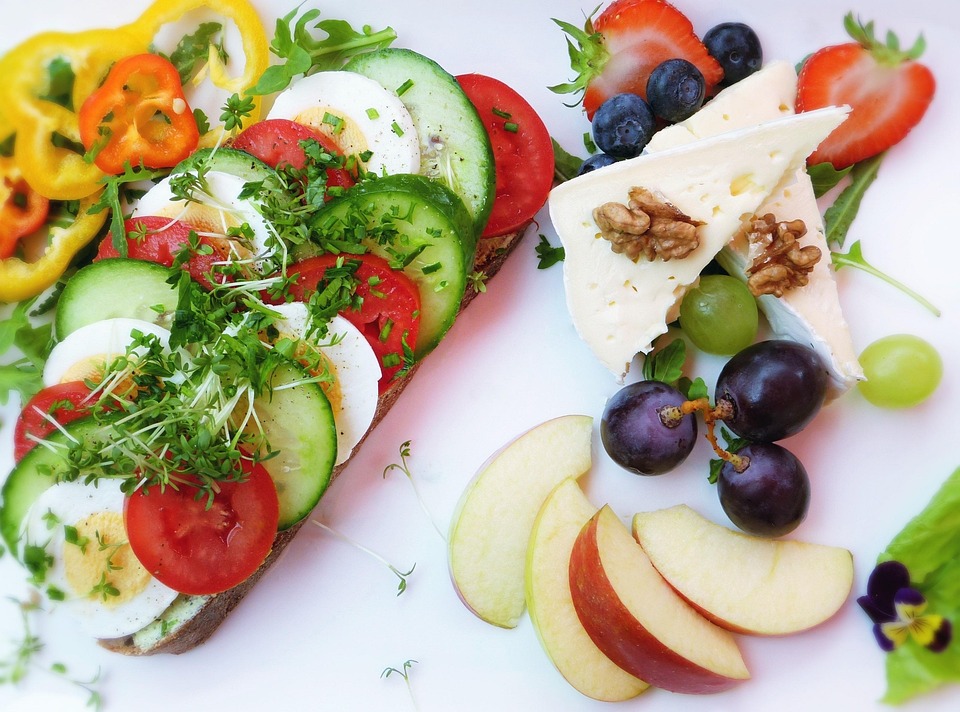
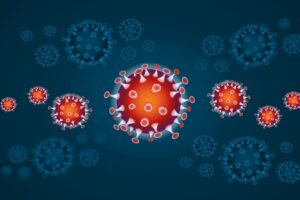
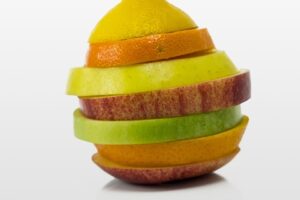
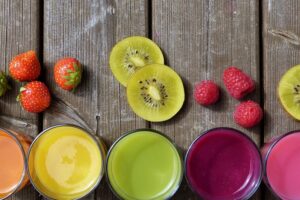
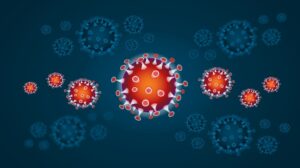
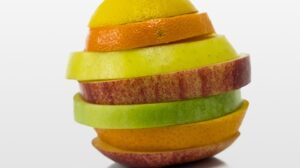
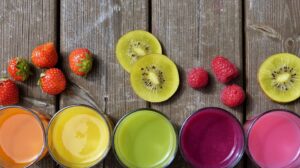




Add Comment